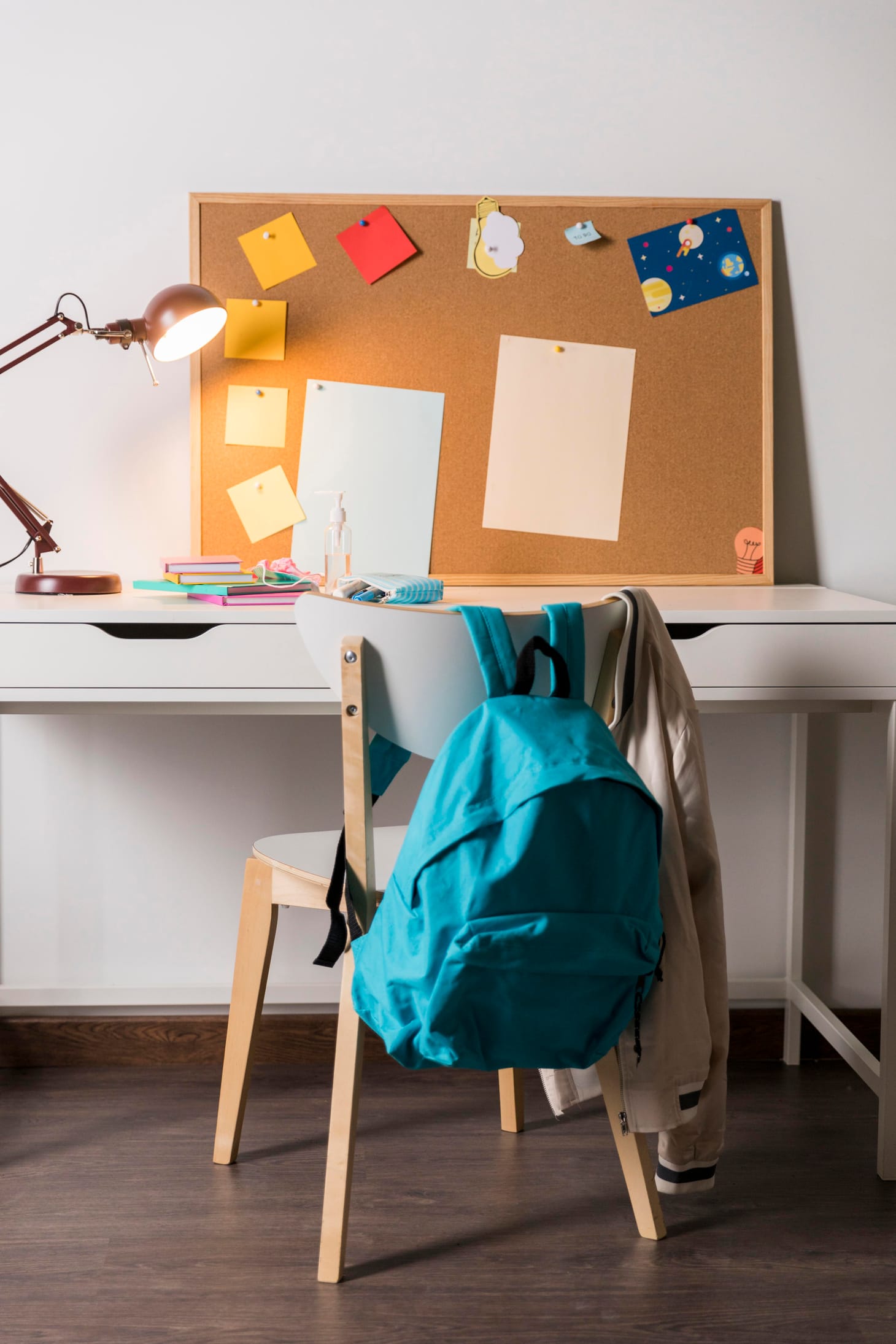Student Learning Habits Coaching Form

Table of Contents
You can use this form for your personal purpose. If you want ONE-on-One Coaching, please fill the Complementary Coaching Form first and our Coach would promptly reach out to you and guide you with this form. We would have a Call so you can share verbally your experiences and our Coach would help you walk through the form for insights and actions.
Personal Information:
- Name:
- Age:
- Grade/Level:
- School/College/University:
- Email:
- Date:
Part 1: Self-Assessment
- Time Management:
- On a scale of 1 to 10, how would you rate your ability to manage your time effectively for studying?
- What are your current strategies for managing your study time?
- How do you prioritize tasks when studying?
- Study Environment:
- Describe your usual study environment (e.g., location, noise level, distractions).
- Do you find your study environment conducive to learning? Why or why not?
- What changes, if any, would you like to make to your study environment?
- Note-taking:
- How do you typically take notes during classes or while studying?
- Do you review and organize your notes regularly? If so, how often?
- Are there any note-taking techniques you would like to try or improve upon?
- Active Learning:
- How often do you engage in active learning activities (e.g., discussions, problem-solving, teaching others)?
- What are your favorite active learning methods, and how effective do you find them?
- Are there any new active learning strategies you're interested in exploring?
Part 2: Goal Setting
- Short-term Goals:
- What specific learning habits or skills would you like to improve in the next month?
- How will you measure your progress toward these goals?
- Long-term Goals:
- Where do you see yourself academically or professionally in the next year? How about in five years?
- What learning habits do you believe are essential for reaching these goals?
Part 3: Action Plan
- Identify Strengths:
- What learning habits do you believe you excel at currently?
- How can you leverage these strengths to improve other areas of your learning?
- Address Weaknesses:
- What learning habits do you struggle with the most?
- What steps can you take to overcome these challenges?
- Implementing Changes:
- What specific actions will you take to develop or improve your learning habits?
- How will you track your progress and adjust your approach if needed?
Part 4: Additional Activities
- Weekly Reflection:
- Set aside time each week to reflect on your progress toward your goals. What went well? What could be improved?
- Peer Accountability:
- Partner with a friend or classmate to hold each other accountable for sticking to your learning habits and goals.
- Learning Resources:
- Explore additional resources such as online courses, books, or workshops related to study skills and effective learning habits.
- Seek Feedback:
- Regularly seek feedback from teachers, mentors, or peers on your learning habits and progress.



